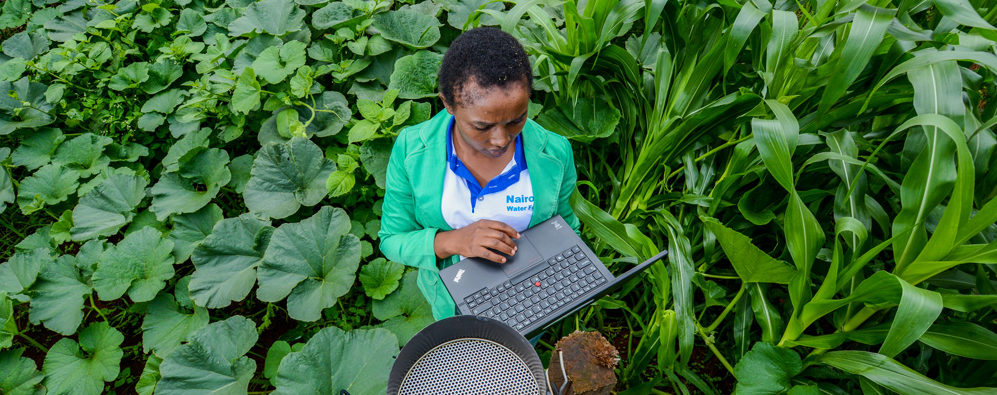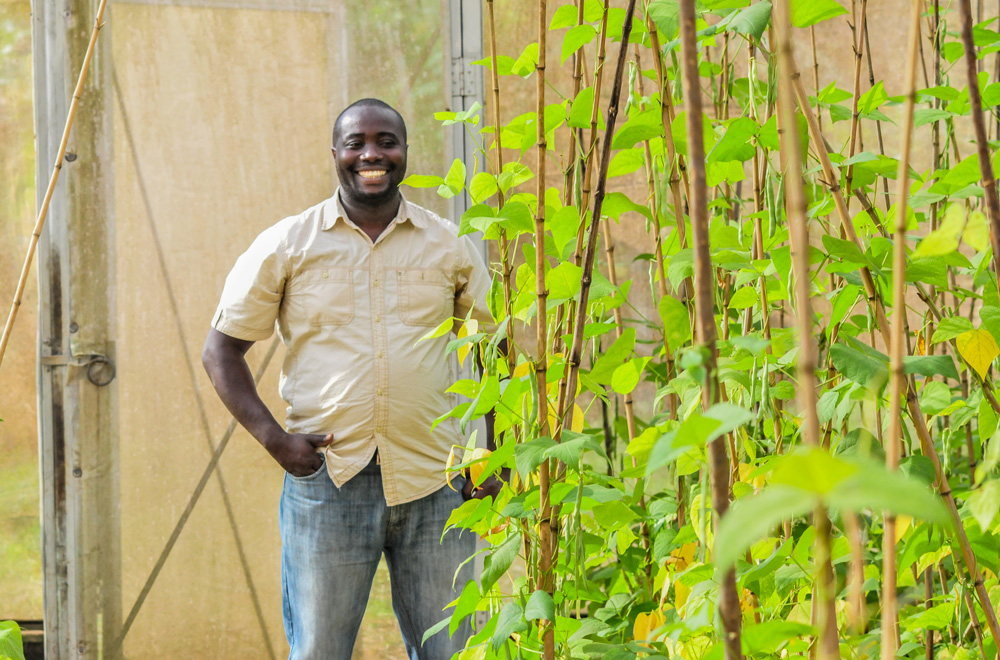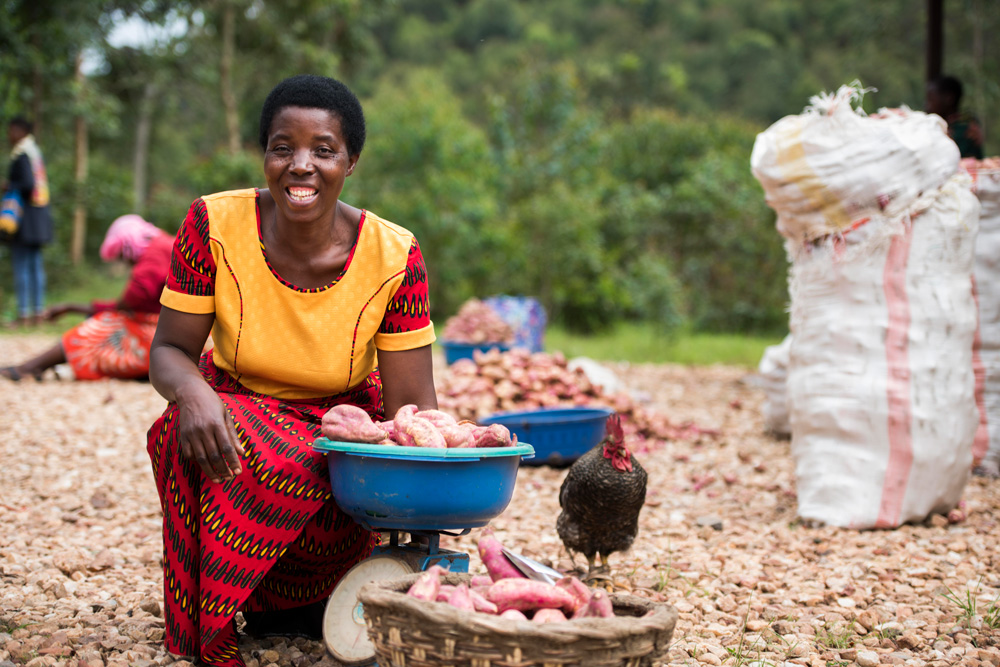Meeting food demands of the growing global population is a great challenge of our times. There are estimates that food production will have to increase by 70% by 2050. A growing body of work on health and nutrition suggests that we will have to improve the quality of the food we produce and consume too. All that will have to happen in a world experiencing climate change with the associated droughts, floods and temperature changes.
How are we planning to overcome this challenge if the average age of farmer is 59, especially if less than 5% of farmers are under the age of 35? The question of who will farm in the future is particularly critical for agrarian economies, like those in Sub-Saharan Africa. But while facing many challenges, Sub-Saharan Africa has the potential to become a global powerhouse of quality food production, delivering enough for its own populations and contributing to international food systems. Clearly, it will not be possible without getting young people on board.
And that is why it is essential to show young people that it is possible to build modern and profitable businesses based on farming. “We work with our partners in Africa to equip young people with the business skills required to create sustainable businesses within the agri-food sector in Africa,” says Steven Carr, CEO of the Agripreneurship Alliance, a non-profit membership-led association with headquarters in Switzerland.


